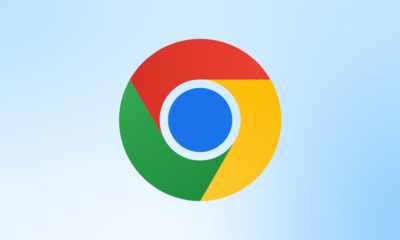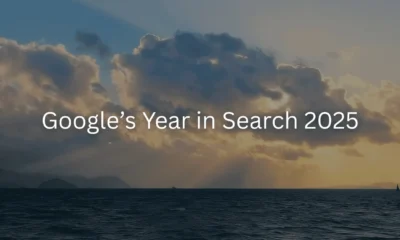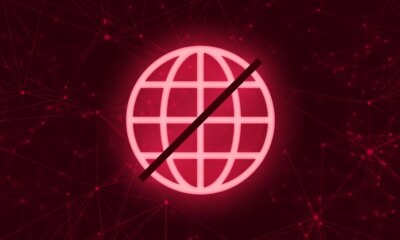SEARCHENGINES
Google’s Site Reputation Abuse Policy Is Not Algorithmic Yet

Google has once again said that its enforcement of the site reputation abuse policy is still only being done through manual actions and not algorithmically. Danny Sullivan, Google’s Search Liasion, said this on X yesterday, “We have not gone live with algorithmic actions on site reputation abuse.”
Sullivan added that “when we do, we’ll be very clear about that.” Meaning, when Google starts to enforce the site reputation abuse policy through algorithmic means, Google will announce it somewhere. Likely on the its search status page.
As a reminder, Sullivan said this on May 6th on X, as we covered back then. He wrote then, “we’re only doing manual actions right now. The algorithmic component will indeed come, as we’ve said, but that’s not live yet.” So the algorithmic component 18 days later is still not live.
Sullivan added:
Publishers seeing changes and thinking it’s this — it’s not — results change all the time for all types of reasons. The actions currently only also impact the content being actions, not the entire site, as the action notices I believe make clear.
This was in response to some SEOs saying that the site reputation abuse policy is algorithmic now. Google is saying no, it is not.
Here is that post:
We have not gone live with algorithmic actions on site reputation abuse. I well imagine when we do, we’ll be very clear about that. Publishers seeing changes and thinking it’s this — it’s not — results change all the time for all types of reasons. The actions currently only…
— Google SearchLiaison (@searchliaison) May 23, 2024
Google did say the site reputation abuse policy would be enforced both algorithmically and through manual actions but when it first went live, it was only enforced using manual actions.
As a reminder, site reputation abuse “is when third-party pages are published with little or no first-party oversight or involvement, where the purpose is to manipulate Search rankings by taking advantage of the first-party site’s ranking signals,” Chris Nelson from the Google Search Quality team wrote. This includes sponsored, advertising, partner, or other third-party pages that are typically independent of a host site’s main purpose or produced without close oversight or involvement of the host site, and provide little to no value to users, he explained.
Here is more commentary on this topic from yesterday:
I don’t know what that chart is based on. Third-party visibility stats? Or is this data from each site reported directly from Search Console? But beyond that, again, we’ve not added an algorithmic component for site reputation abuse. What I said in my original response is still…
— Google SearchLiaison (@searchliaison) May 23, 2024
Yes, that’s entirely coincidental. We’ve only taken manual actions.
— Google SearchLiaison (@searchliaison) May 23, 2024
Thank you. It definitely has not rolled out.
— Google SearchLiaison (@searchliaison) May 23, 2024
It’s not an update. It was a new spam policy that came into effect as of that day. We began manual actions the next day. We’re only doing manual actions on this, at the moment.
— Google SearchLiaison (@searchliaison) May 23, 2024
I should add, there is a lot of confusion around a lof of the ranking volatility over the past few weeks. There was a lot of unconfirmed Google updates in the past few weeks that really shuffled things around in the Google search results.
Forum discussion at X.

















